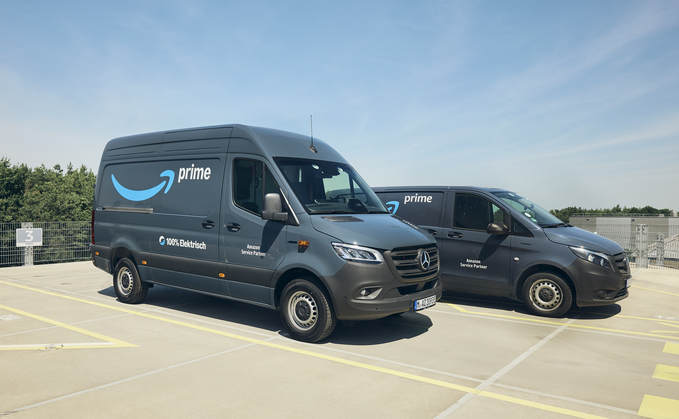Introduction
In the face of evolving trade policies and tariffs, Hyundai Motor Company is strategically banking on electric SUVs to maintain its foothold in the U.S. automotive market. Despite the introduction of new tariffs on imported vehicles, the South Korean automaker is not planning to increase vehicle prices in the immediate future. This decision reflects Hyundai’s commitment to adapting to changing market dynamics while focusing on innovation and sustainability.
The Shift Towards Electric SUVs
As the automotive industry transitions towards electrification, Hyundai, along with its subsidiary Kia, is ramping up the production of electric vehicles (EVs) in the United States. The company has identified larger electric SUVs as a pivotal segment for growth. Models such as the upcoming IONIQ 9 and Kia EV9 are central to Hyundai’s strategy, showcasing the company’s ambition to lead in the EV market.
Impact of US Tariffs
The U.S. auto tariffs, which have been a point of contention for many international automakers, pose a significant challenge. However, Hyundai’s response indicates a proactive approach:
- No Immediate Price Increases: Hyundai has assured consumers that it will not raise vehicle prices due to the tariffs, which could enhance customer loyalty and maintain competitive pricing.
- Increased Local Production: By ramping up production in the U.S., Hyundai aims to mitigate the impact of tariffs on its vehicles, ensuring that they remain affordable for American consumers.
- Focus on Consumer Preferences: The shift towards larger SUVs aligns with consumer preferences, as families increasingly seek spacious and versatile vehicles.
Hyundai’s Electric Future
With the automotive landscape rapidly changing, Hyundai is positioning itself as a major player in the electric vehicle market. The introduction of the IONIQ 9 and Kia EV9 is just the beginning. These models promise advanced technology features, longer ranges, and improved performance. The company’s investment in EV infrastructure, including charging stations and battery technology, further underscores its commitment to sustainability and innovation.
Conclusion
Hyundai’s strategic focus on electric SUVs amid U.S. tariffs demonstrates its resilience and adaptability in a challenging market environment. By choosing not to raise prices and investing in local production, Hyundai is setting itself up for success in the evolving automotive landscape. As the company continues to roll out new electric models, it aims to capture the growing segment of environmentally-conscious consumers looking for reliable and spacious vehicles.

